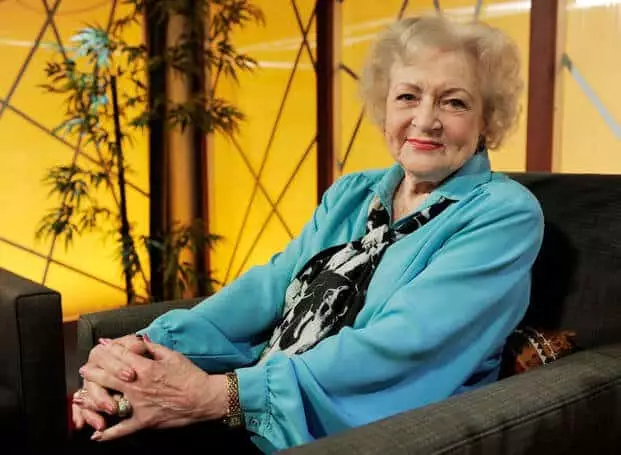While millions of fans mourn the beloved television star Betty White, who passed away on Friday at the age of 99, the US Army paid tribute to the comedian for one of her earliest and most significant roles — as a volunteer during World War II.
In a statement released on Friday, the military branch lamented the death of White and detailed her association with the armed services.
“We are saddened by the passing of Betty White,” the Army said in a statement on Twitter. “Not only was she an amazing actress, she also served during WWII as a member of the American Women’s Voluntary Services. A true legend on and off the screen.”
White found work modeling in the late 1930s, but put her larger aspirations on hold during World War II in order to work with the American Women’s Voluntary Services (AWVS) in 1941.
The AWVS sent female volunteers to take on roles including firefighting, ambulance and truck driving, and aerial photography.
During an interview with Cleveland magazine in 2010, White said that her assignment consisted of driving a PX truck of supplies to barracks in the Hollywood Hills — while attending dances for departing troops at night.
“It was a strange time and out of balance with everything,” White told the magazine, “which I’m sure the young people are going through now.”
White, a staple on numerous game shows including “Password” and “The Hollywood Squares” from the 1960s through the 1980s, was also well-known for her roles as Sue Ann Nivens on the 1970s CBS sitcom “The Mary Tyler Moore Show,” Rose Nylund on the NBC sitcom “The Golden Girls,” and Elka Ostrovsky on the TV Land sitcom “Hot in Cleveland.”
Read the original article on Business Insider.


